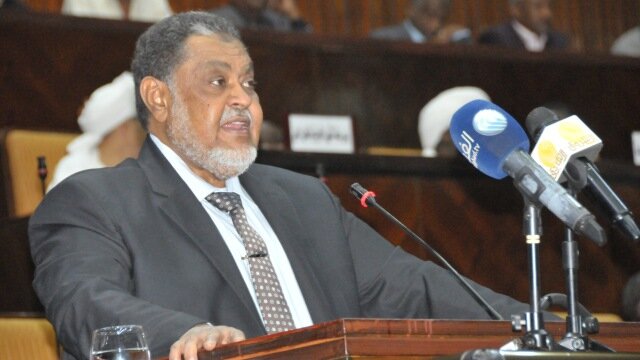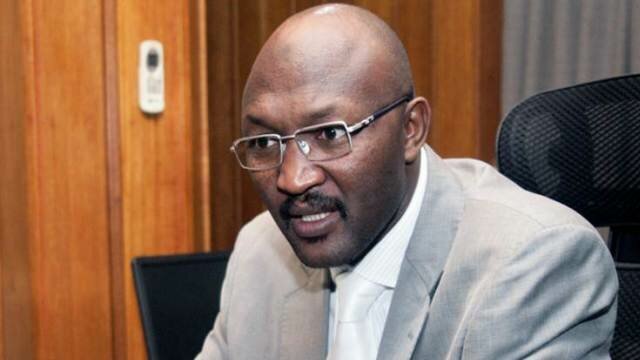(Stefan Lehne) - While the Lisbon Treaty reforms have strengthened EU foreign policy
, dysfunctional decision-making arrangements still hamper the union’s effectiveness as a global actor.
Deficit in Leadership
Leadership is a crucial factor in countering the inertia and free riding that impede collective action. Under the Lisbon foreign policy system, the formal leadership role belongs not only to the institutions, the high representative, and the EEAS but also to the presidents of the European Council and the European Commission.
The high representative and the EEAS run the day-to-day operations of EU foreign policy but will rarely launch a major initiative without the backing of the bigger capitals. When they have this support, they can play a prominent and creative role. This happened in the cases of Iran’s nuclear program and the EGS. But frequently, this backup from the key capitals is not forthcoming.
The commission’s role in foreign policy is weaker than in the other areas of integration, but as it controls many of the union’s most potent external action instruments, it has real influence. This is particularly relevant in the relations with third countries that have strong structural relationships with the EU, such as candidates for enlargement or partners in the neighborhood policy. In the Balkans, for instance, the commission frequently uses the leverage from the accession process to engage in political crisis management. In Eastern Europe, the commission’s push for the conclusion of association agreements was one of the factors that resulted in the clash with Russia.
Potentially, the president of the European Council, as the head of the EU’s most powerful body, could also play a significant leadership role on foreign policy. Yet, the first two holders of this position, Herman Van Rompuy and Donald Tusk, adopted a low profile, mostly limiting themselves to bilateral and multilateral high-level meetings.
While EU foreign policy is theoretically based on the sovereign equality of all twenty-eight members, size matters in the real world.
In shaping the substance of EU foreign policy, the informal leadership from the bigger member states plays a much greater role than the formal leadership from the institutions. Together, those member states possess the greater part of the EU’s overall diplomatic, military, and intelligence resources; maintain extensive networks around the world; and are present in the exclusive global clubs.
While EU foreign policy is theoretically based on the sovereign equality of all twenty-eight members, size matters in the real world. The lead role of bigger countries is therefore usually tolerated by the rest of the group, as long as it is exercised with some degree of tact. Smaller countries can take a lead role when they have strong interests and expertise on an issue, but that does not happen very often.
The trouble is that the contribution of bigger member states is often inconsistent and weak, because they assign primacy to their national foreign policy. Playing a prominent role on the international stage is part of the national identities of countries like France, Germany, and the UK, and partly also Italy and Spain. Their international action is thus not just about promoting interests or values, but equally about ensuring their rank in the world. This is why the UK and France consider their permanent membership in the UN Security Council to be a crown jewel of their foreign policy and fiercely defend their freedom of action in this forum. These countries are essentially satisfied with the current state of affairs regarding EU foreign diplomacy. It was interesting, for instance, that, in a September 2017 speech, Macron set out an ambitious vision for the future of the EU with proposals for just about every aspect of European integration, but he had nothing to say about making European diplomacy more effective.20
The big member states engage when they can be seen to lead or when national interest necessitates the involvement of the EU as an influence multiplier, such as in decisions about sanctions. But often, they look at the EU as just another of the multilateral forums where they pursue their national foreign policy goals. Sometimes they prefer to act individually, or in coalitions outside the EU framework, or to take an issue to another body. At other times, they remain passive or fail to reach agreement on a course of action, which paralyzes the EU as a whole.
A further weakening of U.S. engagement in the regions around the union is unlikely to encourage autonomous EU action; rather, it may further reduce the EU’s willingness and ability to tackle tough external challenges.
Over the past ten years, a good part of this informal leadership in EU foreign policy was, in fact, outsourced to the United States. Usually through confidential consultations in which Washington and a few European capitals participate, the United States exerted enormous influence on the conduct of EU foreign policy.21 In some cases, this might have blocked worthy European initiatives but, more often than not, U.S. influence was beneficial to the EU’s efforts. It contributed to bridging internal divisions, and by giving EU members the reassurance of working with the world’s strongest actor, it helped overcome the system’s aversion to risk. A further weakening of U.S. engagement in the regions around the union is unlikely to encourage autonomous EU action; rather, it may further reduce the EU’s willingness and ability to tackle tough external challenges.
Such a fragmented leadership constellation is unlikely to result in a determined and consistent foreign policy. The various institutional and national leaders often operate at cross-purposes. Sometimes, no one steps up to the task. Decision making is slow and negotiations tend to get bogged down. When member states fail to achieve unanimity, the EU simply vanishes as a relevant actor. Even when initiatives are launched, they often lack sufficient follow-up. Declarations frequently take the place of action. And all of this exacerbates the EU’s collective action problem. In fact, no other factor explains more of the chronic underperformance of EU foreign policy than inadequate leadership.
Conclusion
The Lisbon reforms have resulted in a better functioning foreign policy machine that, under fair weather conditions, services relations with third countries with reasonable efficiency. However, when the going gets tough and important policy choices need to be made, the dysfunctionality of the current decisionmaking arrangements combined with the intrinsic constraints of collective action hamper the EU’s effectiveness as an international actor.
Over the past five years, the EU has responded to a deteriorating security environment by shifting toward realpolitik. The over-optimistic transformative commitments of the past have been corrected. The new emphasis in policy documents is on stability and resilience, and the efforts to strengthen military capabilities have gained momentum. But so far, EU foreign policy has not risen to the increasing challenges. It has been badly lacking in energy, coherence, and ambition.
However, as the overall outlook for European integration has improved in 2017, a window for significantly strengthening EU foreign policy might be opening. Foreign policy has never been a driving force of integration but a complementary activity that depended to a large extent on developments in the core areas. Not only are many of the key instruments, such as trade or development assistance, intrinsically linked to foreign policy, but also the EU’s ambition as an external actor as well as its influence are functions of the economic and political dynamism of the union.
The prospects for the EU’s future have recently begun to brighten. A sustained economic recovery appears to be under way. This by itself will help to rebuild the EU’s international influence and soft power. The long list of countries eager to conclude trade agreements with the EU shows this clearly.
There is also a greater chance for serious efforts to address the EU’s weaknesses and vulnerabilities. The victories of Emmanuel Macron in France and Angela Merkel in Germany have reenergized the French-German axis. Once a new German government is formed, Berlin and Paris will begin work on a common road map for EU reforms. Both sides also agree on the need to move forward more rapidly on security and defense. And progress on the “hardware” of defense needs to go hand in hand with upgrading the “software” of diplomacy. In fact, Angela Merkel recently called forging a coherent foreign policy the biggest challenge facing the EU. If this is the ambition, then the following four courses of action should be considered.
-
Aspects of the 2018 Public Budget
-
Sudanese Textiles Used to be Smuggled across the Borders Eight Decades...Next >


